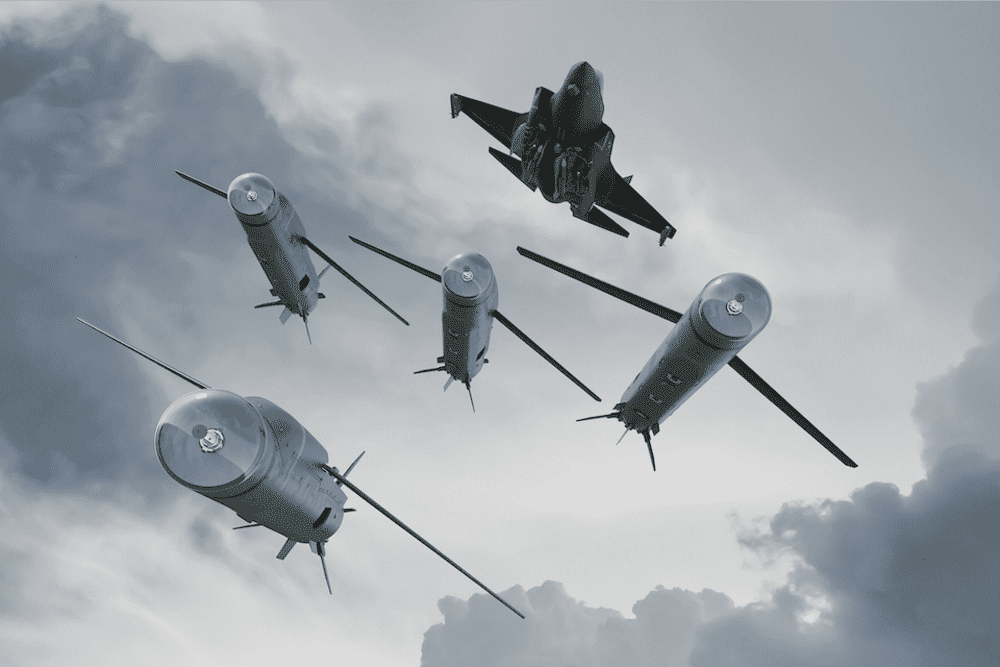
The U.K. Ministry of Defence (MoD) has awarded the Defence Science and Technology Laboratory (Dstl) £3.5 million to develop innovative new missile systems that are capable of communicating with each other.
The project, known as the Co-operative Strike Weapons Technology Demonstrator (CSWTD) and led by the Dstl, will explore how inter-missile communication can enable the weapons systems to work together and also improve the performance of current systems.
The project aims to improve missile flexibility and responsiveness, ensuring that they can react to changing threats or situations. Instead of working individually, an upgraded software system will allow them to work together and communicate during missions.
“Currently missiles can communicate with the launch platform but not each other,” a Dstl Scientist, Charlie, said.
“The aim of this programme is to investigate how inter-missile communication and cooperative behaviours can be technically achieved to solve U.K. military challenges.”
The development work is expected to last just over two years. Currently Dstl scientists are assessing different military tactics and scenarios in collaboration with industry partner MBDA.
Minister for Defence Procurement, Jeremy Quin, said, “Drawing on the vital expertise of our Dstl scientists, innovative new missile systems will enhance our current capabilities as Defence adapts to meet future threats.
“With an investment into research and development, this project highlights the central role science and technology plays in informing how our assets operate.”
Announced by the Prime Minister in November 2020, Defence has received an uplift in funding of £24-billion over the next four years and, aided by commitments outlined in the recent Defence Command Paper, the MoD will invest £6.6-billion into Research & Development, enabling the Armed Forces to benefit from science and innovation.
The investment into the CSWTD project will deliver the foundations for future co-operative missiles, including hardware and software, and also provide a number of systems studies to understand how co-operative missiles could be used in real operational scenarios.
A demonstration will take place throughout the project, and if successful, U.K. platforms could be exploiting the benefits of a smarter integrated network of missiles within 5 years.












